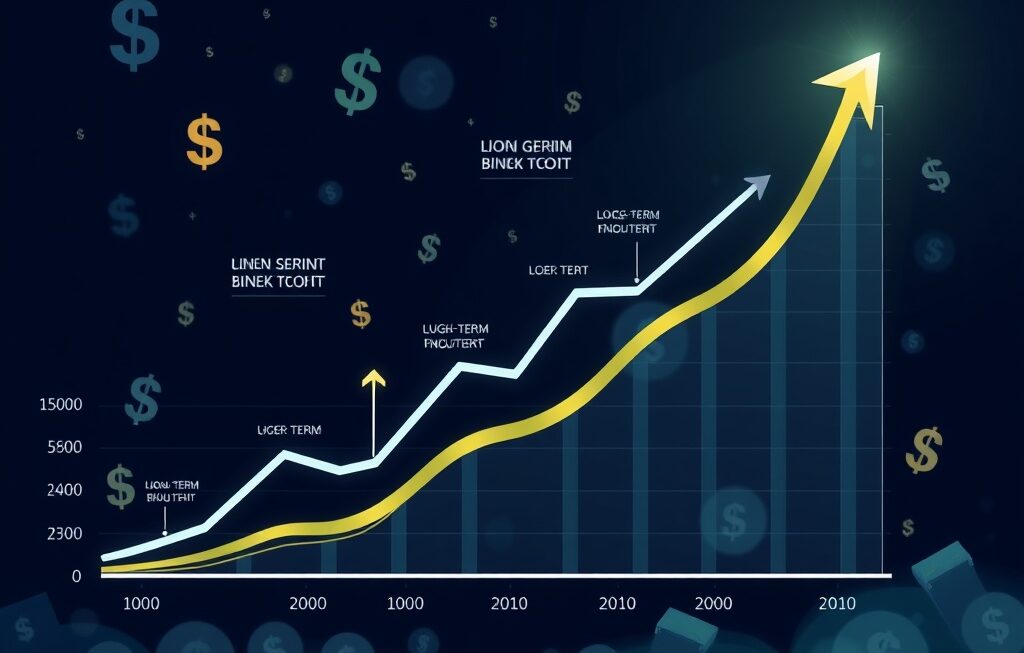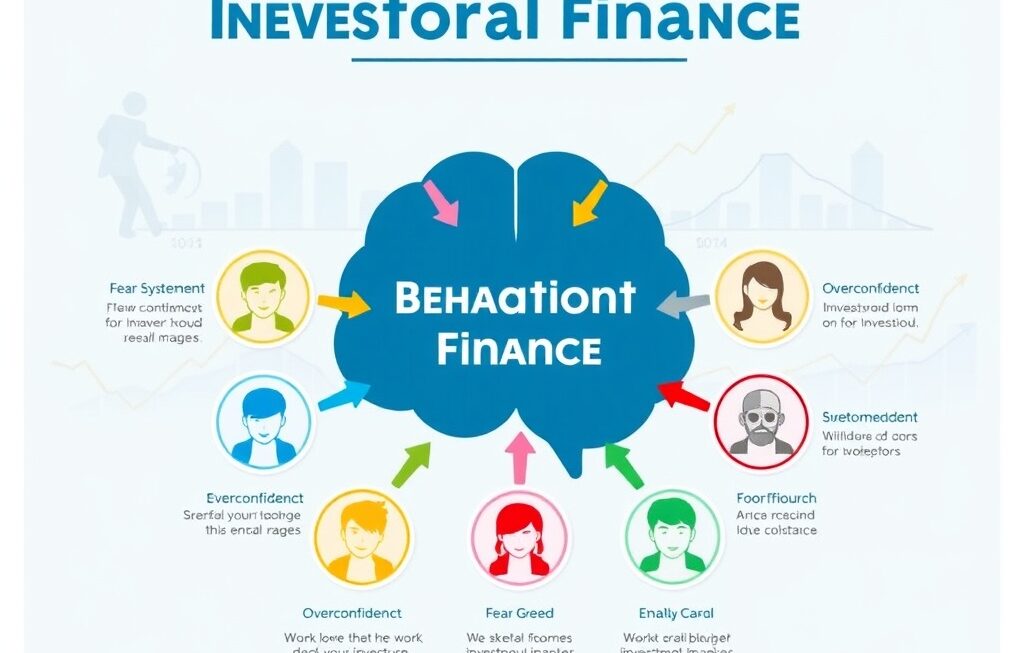In recent years, ESG investing—which stands for Environmental, Social, and Governance—has transformed from a niche concept into one of the most influential movements in global finance. Investors around the world are increasingly seeking opportunities that not only deliver strong financial returns but also promote sustainability, ethical practices, and corporate transparency.
As the global economy faces challenges such as climate change, inequality, and technological disruption, ESG principles are redefining how investors, corporations, and policymakers approach long-term growth and value creation. This article explores the evolution, importance, and strategies behind ESG investing, and how it is reshaping the future of finance.
What Is ESG Investing?
ESG investing is a strategy that considers environmental, social, and governance factors when making investment decisions. Instead of focusing solely on profits, investors evaluate how a company impacts the planet, people, and its own governance structures.
The three core components are:
- Environmental (E): How a company manages its impact on the environment—such as carbon emissions, energy efficiency, and waste management.
- Social (S): How it treats employees, customers, and communities—covering diversity, human rights, and labor practices.
- Governance (G): How the company is managed—focusing on ethics, transparency, board structure, and shareholder rights.
Companies that perform well in these areas are often more resilient, better managed, and better positioned for long-term success.
The Origins and Evolution of ESG
The concept of socially responsible investing has existed for decades, but ESG investing gained momentum in the early 2000s as awareness of climate change and corporate accountability grew. 2004 UN report “Who Cares Wins” officially introduced ESG principles, linking them to financial performance and sustainability.
Since then, ESG investing has evolved from ethical exclusion (avoiding “sin stocks” like tobacco or weapons) to proactive inclusion—favoring companies with strong sustainability practices. The rise of ESG-focused funds, green bonds, and impact investing reflects a broader cultural and financial shift toward responsibility and transparency.
Why ESG Matters for Investors
Investors increasingly recognize that ESG factors are not just moral choices—they are financially material. Companies with strong ESG performance often demonstrate:
- Greater operational efficiency.
- Lower regulatory and reputational risks.
- Stronger brand loyalty and employee satisfaction.
- More consistent long-term profitability.
According to research by Morgan Stanley and Morningstar, ESG-focused funds have shown comparable or superior returns to traditional investments, particularly during periods of market volatility. In essence, good corporate citizenship often correlates with sound business performance.
The Environmental Dimension
The environmental component of ESG has gained the most visibility due to global concerns about climate change. Investors are prioritizing companies that:
- Commit to carbon neutrality or net-zero emissions.
- Adopt renewable energy sources.
- Implement sustainable supply chains.
- Use resources efficiently and minimize waste.
As governments tighten environmental regulations and consumers demand greener products, companies that fail to adapt risk losing competitiveness. Therefore, climate-conscious investing isn’t just about ethics—it’s about long-term economic survival.
The Social Dimension
The social aspect of ESG focuses on how companies manage relationships—with employees, customers, suppliers, and the communities in which they operate. This includes issues like:
- Fair wages and labor rights.
- Diversity, equity, and inclusion.
- Workplace safety and well-being.
- Data privacy and ethical technology use.
Investors are paying close attention to how organizations treat their people and contribute to social progress. Strong social performance reduces turnover, enhances reputation, and drives productivity—all critical elements of sustainable profitability.
The Governance Dimension
Governance covers leadership, internal controls, and ethical business practices. Investors seek transparency, accountability, and sound decision-making from corporate boards. Poor governance—such as corruption, fraud, or lack of oversight—can devastate shareholder value.
Key governance factors include:
- Independent and diverse boards.
- Transparent reporting and disclosure.
- Fair executive compensation.
- Protection of shareholder rights.
Well-governed companies tend to make better long-term decisions, earning investor trust and market stability.
ESG and Financial Performance
One of the strongest arguments for ESG investing is its positive correlation with long-term financial performance. Studies have shown that ESG integration leads to:
- Lower capital costs, as sustainable firms attract more investors.
- Reduced volatility, since responsible companies manage risk proactively.
- Better innovation, as ESG principles encourage efficiency and adaptation.
Moreover, ESG-aligned companies are more resilient during crises—such as pandemics or energy shocks—because they emphasize long-term planning and stakeholder value.
Global Trends Driving ESG Growth
Several forces are propelling the rise of ESG investing worldwide:
- Regulatory Pressure: Governments are mandating sustainability disclosures and green standards.
- Consumer Demand: Younger generations prefer brands aligned with their values.
- Technological Transparency: Digital platforms make ESG data more accessible.
- Corporate Responsibility: Firms are integrating sustainability into their business models.
- Institutional Influence: Large funds like BlackRock and Vanguard prioritize ESG in portfolio management.
As a result, ESG assets under management have surged, surpassing $35 trillion globally, according to the Global Sustainable Investment Alliance.
ESG Investing Strategies
There are several approaches investors can take to integrate ESG into their portfolios:
- Screening: Excluding companies that fail ESG criteria.
- Best-in-Class Selection: Choosing leaders in sustainability within each sector.
- Thematic Investing: Targeting specific sustainability themes (e.g., clean energy, gender equality).
- Impact Investing: Directly funding projects that generate measurable social and environmental impact.
- Active Ownership: Engaging with companies to improve their ESG performance through voting and dialogue.
Each approach can be tailored to align financial goals with personal or institutional values.
ESG Metrics and Reporting
As ESG investing expands, the need for reliable data and standardized reporting grows. Organizations like the Sustainability Accounting Standards Board (SASB) and the Global Reporting Initiative (GRI) help define consistent frameworks for measuring ESG performance.
Investors now rely on ESG ratings and indices—such as the MSCI ESG Leaders Index or Dow Jones Sustainability Index—to evaluate company performance. Transparency enables informed decisions, but challenges remain in achieving global consistency and preventing “greenwashing,” where firms exaggerate their sustainability efforts.
The Role of Technology in ESG Investing
Technology plays a crucial role in advancing ESG goals. Artificial intelligence and big data help investors analyze ESG risks more accurately. Blockchain improves traceability in supply chains, while digital platforms enable easier access to sustainable funds and green bonds.
Furthermore, fintech innovations are democratizing ESG investing, allowing retail investors to align portfolios with personal values through mobile apps and robo-advisors.
Challenges and Criticisms
Despite its rapid growth, ESG investing faces criticism and challenges:
- Lack of standardization: Different rating systems can produce inconsistent results.
- Greenwashing: Companies may make misleading sustainability claims.
- Trade-offs: Balancing social impact with profitability remains complex.
- Political pushback: In some regions, ESG has become a polarizing topic.
However, these challenges also present opportunities for improvement, transparency, and innovation. As frameworks mature, ESG investing will continue to evolve toward greater accountability.
The Future of ESG Investing
The future of ESG investing looks bright and transformative. With global commitments to decarbonization, social equity, and ethical governance, investors will increasingly view sustainability as a core performance driver rather than a moral add-on.
Emerging trends include:
- Integration of AI and data analytics to improve ESG assessments.
- Expansion of impact investing into mainstream markets.
- Growth of green bonds and climate funds.
- Increased corporate accountability through stricter disclosure laws.
Ultimately, ESG investing is becoming the new standard for responsible capitalism—where financial success and social progress go hand in hand.

In Summary:
The rise of ESG investing represents a profound shift in how we define value and success in finance. It aligns profit with purpose, encourages innovation, and promotes accountability. For investors, it offers a chance to contribute to a better world while achieving long-term financial growth.
As awareness grows and standards improve, ESG investing will no longer be the exception—it will be the expectation. The question is no longer whether to invest responsibly, but how to do it effectively and sustainably.




